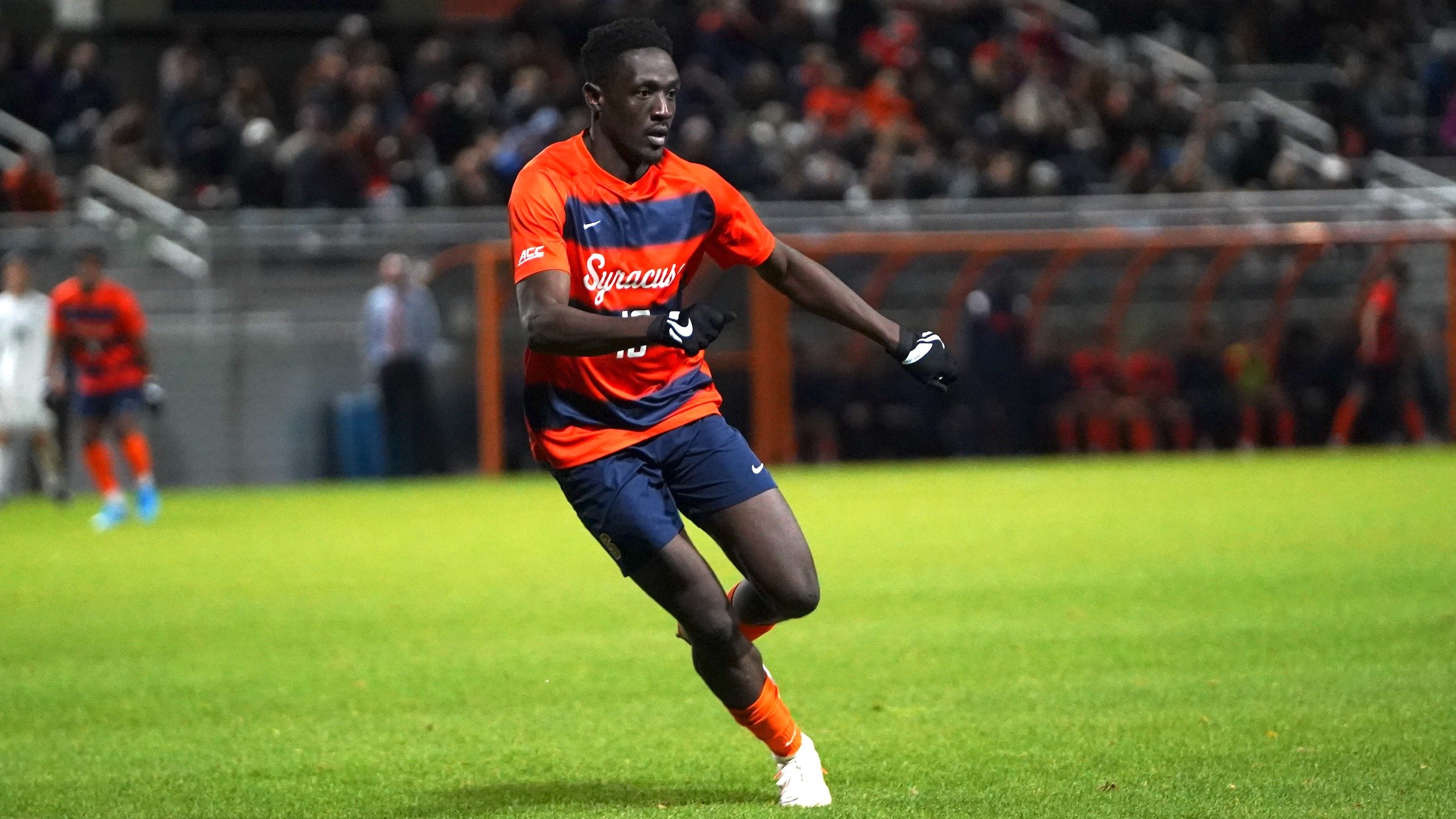Navigating the Path from College Soccer to Professional Play: Opportunities and Realities
For many aspiring soccer players, the dream of turning professional is a driving force behind their dedication and hard work. While college soccer in the United States offers a valuable platform for development, the transition to professional play is highly competitive and presents unique challenges. Understanding the landscape of professional opportunities, the role of semi-professional leagues, and the experiences of those who have navigated this path can provide valuable insights for current and future athletes.
The Reality of Turning Professional
According to the NCAA, a small percentage of college soccer players advance to the professional level. Specifically, for men's soccer, approximately 1.4% of NCAA senior players are drafted by Major League Soccer (MLS) teams. This statistic underscores the competitive nature of the professional arena and highlights the importance of exploring various pathways to achieve professional aspirations.
Case Study: Nathan Opoku's Journey
Nathan Opoku playing for Syracuse University (NCAA D1).
Nathan Opoku's trajectory exemplifies how college soccer can serve as a springboard to international professional opportunities. After a standout season at Syracuse University, where he played a pivotal role in securing the NCAA Championship, Opoku signed with Leicester City in the English Premier League. His journey illustrates that exceptional performance at the collegiate level can capture the attention of top-tier clubs abroad, offering pathways beyond domestic leagues.
The Role of Semi-Professional Leagues
Upper 90 College alumni Gerard Roebuck playing for Corpus Christi FC (USL 2).
Semi-professional leagues such as USL League Two, the National Premier Soccer League (NPSL), and the United Premier Soccer League (UPSL) play a crucial role in bridging the gap between college and professional soccer. These leagues provide a competitive environment during the summer months, allowing college players to maintain and elevate their performance levels.
For instance, Gerard Roebuck's tenure with Corpus Christi FC in USL League Two provided him with high-level competition and exposure, contributing to his development as a player Similarly, Hayden Tucker's experience with the Little Rock Rangers in USL League Two offered valuable playing time and the opportunity to showcase his skills to scouts and coaches.
On the women's side, leagues like the USL W League and the Women's Premier Soccer League (WPSL) offer platforms for players to continue their development. Liv Riddel's participation with Lane United in the USL W League exemplifies how these leagues serve as a conduit for female athletes aiming to advance their soccer careers.
Upper 90 College Alumni in Semi-Professional Leagues
Upper 90 client Liv Riddel playing for Lane United (USL 2).
In the past year, several Upper 90 College clients have leveraged semi-professional leagues to further their development:
- Ryan Mrvcic: Competed with Erie Commodores in the NPSL, gaining valuable match experience and exposure.
- Antonio Padilla: Played for FC Brownsville in the NPSL, enhancing his skills in a competitive setting.
- Jarrod Henson: Joined Corpus Christi FC in the USL 2, utilizing the opportunity to showcase his abilities.
- Emma Bates: Participated with Eagle FC in the USL W League, continuing her development during the off-season.
These experiences have been instrumental in their growth, providing platforms to compete at higher levels and attract attention from professional scouts.
Building Connections and Opportunities
Upper 90 College alumni Hayden Tucker playing for Little Rock Rangers (USL 2).
Upper 90 College has dedicated significant efforts to establish connections within the semi-professional and professional soccer scenes in the USA. These relationships have been pivotal in creating opportunities for our clients to play at higher levels, offering pathways that align with their aspirations.
While the journey from college soccer to professional play is challenging and highly competitive, leveraging opportunities in semi-professional leagues can be a strategic approach to achieving this goal. The experiences of Upper 90 College alumni demonstrate that with dedication, strategic planning, and the right support, transitioning to professional soccer is attainable.
Are you interested in exploring pathways to professional soccer through college and semi-professional play? Contact us today for a free 1-hour "Introduction to College Soccer in the USA" video call, and take the first step toward achieving your soccer aspirations.





